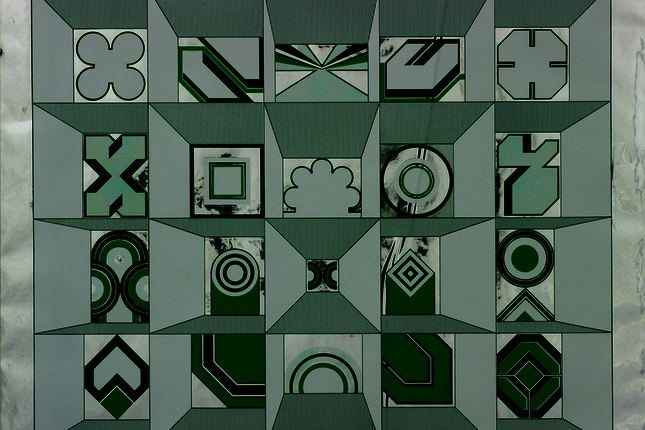
The Art Committee was founded in 1964 under the name Committee for Monumental Decoration by the original architect of the campus ir. Samuel van Embden. Until today, the committee consists of TU/e employees in various positions within the organization and sometimes external experts. Committee members are appointed for four years with possible extension. The Art Committee decides on the permanent art collection in the public space of the campus and its contextual programming such as events, research and publications.
Members
| Chairman | Prof. dr. Dr. Emeritus Bernard Colenbrander |
| Secretary | MA Britte Sloothaak |
| Treasurer | Erik van den Boogaard |
| Committee members | Prof. Dr. Ir. Jom Luiten, Drs. Joep Huiskamp, Ir. Alfons Bruekers, Ir. Dorine Peters, Drs. David Ernst |
Tasks
In addition to providing solicited and unsolicited advice to the Executive Board on TU/e art policy, the Art Committee has the following tasks:
- Expanding, maintaining and managing the permanent art collection
- Stimulating art and culture at TU/e in a broad sense
Mission
The TU/e Art facilitates a creative working environment for students, teachers, researchers, and other employees. The aim is to position the campus as a public site for art, culture, education, and research in a broad sense, with strong local roots and international allure.
Vision
All that can be found on campus can be regarded as a collection. On the one hand, this collection has a material form that consists of architecture, landscape, technical artifacts and artifacts that are made with an artistic aspiration, in particular the artworks of the TU/e Art Collection. The immaterial collection consists of the acquired knowledge, views and memories that have been passed on from previous generations. In order to keep both the material and immaterial collection relevant for the generations of the future, we keep an open perspective for what is unknown, is unseen or requires more attention. An inclusive attitude and sensibility to diversity is therefore an important foundation for our policy.